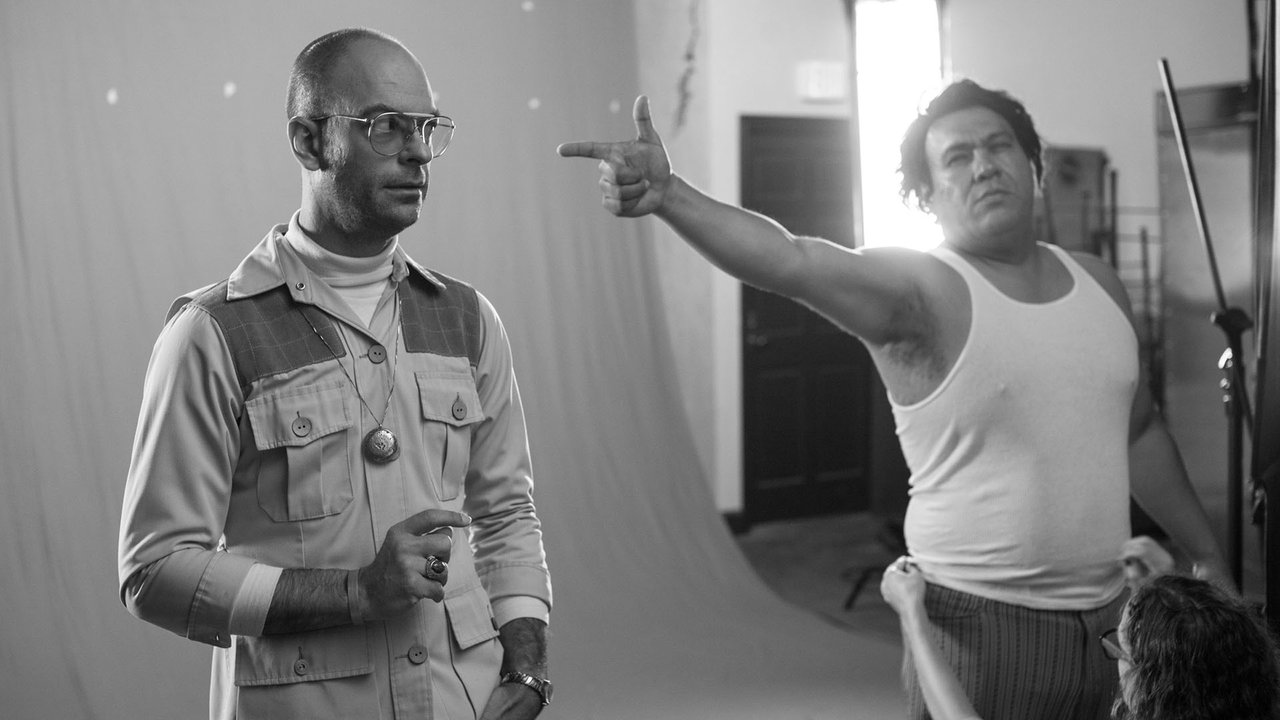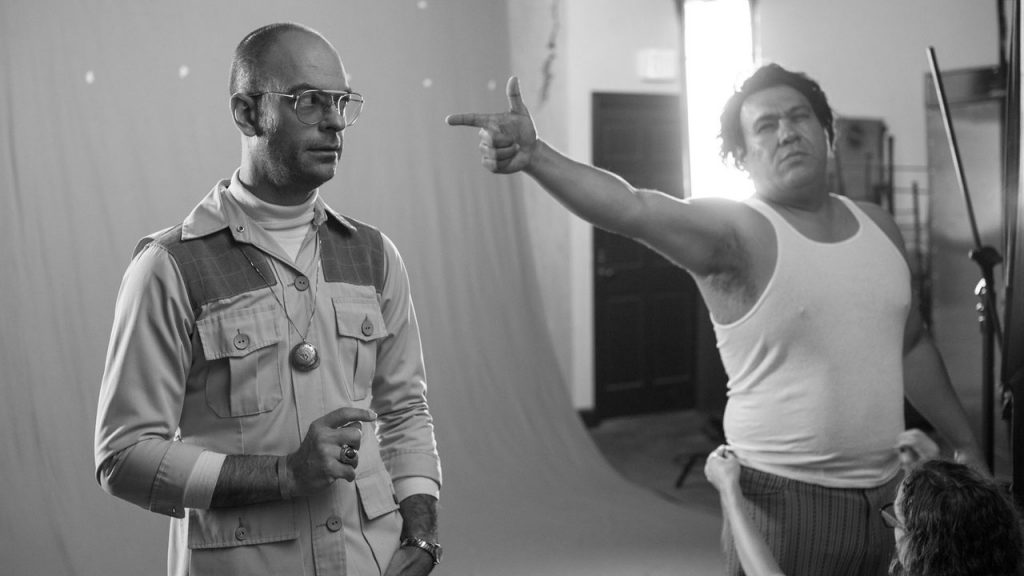The Rise And Fall of the Brown Buffalo is, for all intents and purposes, a documentary on radical Chicano lawyer, author, and countercultural icon Oscar “Zeta” Acosta. It features interviews with the people who knew him best, including Hunter S. Thompson, who immortalized him as Dr. Gonzo in his novel Fear and Loathing in Las Vegas. And if you’re wondering how director Phillip Rodriguez got the since-deceased novelist to speak candidly about Acosta, who himself disappeared under mysterious circumstances in 1974, the answer is simple: as a title card explains to us at the start of the film, “This film is a dramatization.” Fitting the unorthodox style of its subject, the film throws generic templates out the window. Mixing archival footage with mockumentary interviews with actors playing Thompson, Acosta, and many of his colleagues from his time as a lawyer fighting for Chicano rights, The Rise and Fall of the Brown Buffalo serves as the flyest history lesson since Hamilton.
Many know of Acosta because of Thompson’s novel (he was played by Benicio del Toro in the Johnny Depp-starring film adaptation). But Rodriguez’s film hopes to move away from the caricature that Fear and Loathing painted of this as-yet-underappreciated icon of the early Chicano movement. Functioning as a zany history lesson, The Rise and Fall of the Brown Buffalo is filled with random trivia that makes it worth watching. Did you know Acosta was arrested while trying to visit his (white) girlfriend because her parents didn’t approve of the match? Or that he always resented that Thompson’s novel became a bestseller while his own, The Revolt of the Cockroach People, was barely read?
Eager to rectify history’s take on Acosta, PBS will not only be releasing Rodriguez’s doc at the end of the month, but they’re also producing the ZETA Podcast series. Podcast host Marcos Nájera goes deeper into the Zeta’s life, chatting with his friends and family as well as artists and academics. Ahead of the film’s public television premiere, we gathered five fun facts about Acosta’s life that should make you want to learn even more about this self-described Brown Buffalo.
The Rise And Fall of the Brown Buffalo airs March 23, 2018 on PBS.
1
He Was “The Mexican Billy Graham”
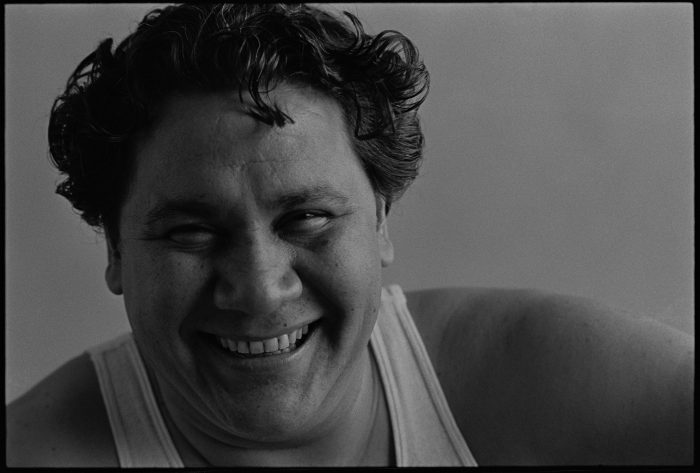
In Autobiography of a Brown Buffalo, a fictionalized autobiography of sorts, he recounts how he traveled to Panama where he worked as a missionary. “They elected me to the Board of Deacons at the First Baptist Church in Balboa after I became so successful in the jungle,” he writes. “They even sent some of my color slides to the churches back home and told them that a ‘Mexican Billy Graham’ was converting natives right and left.”
2
He Wrote a Letter of Resignation to Jesus
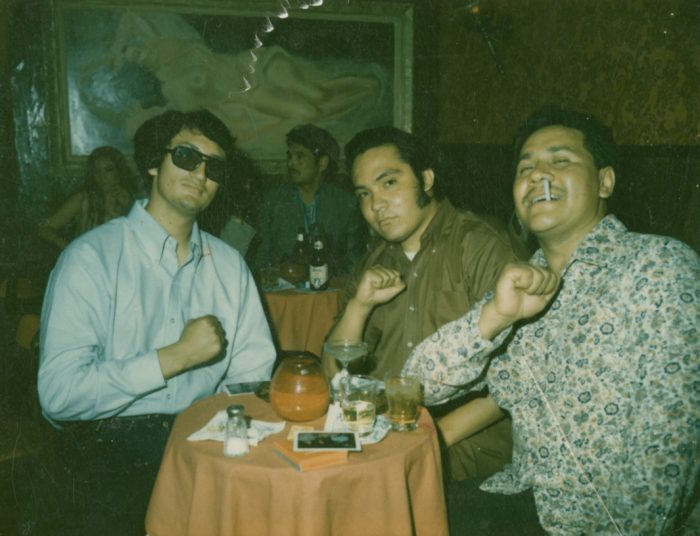
He may have been successful at converting others but eventually Acosta came to believe that there was nothing in the Bible that should encourage him or anyone to believe in God. And so, he cut ties with the Church, even writing a letter of resignation to Jesus.
3
“I took no case unless it was a Chicano case”
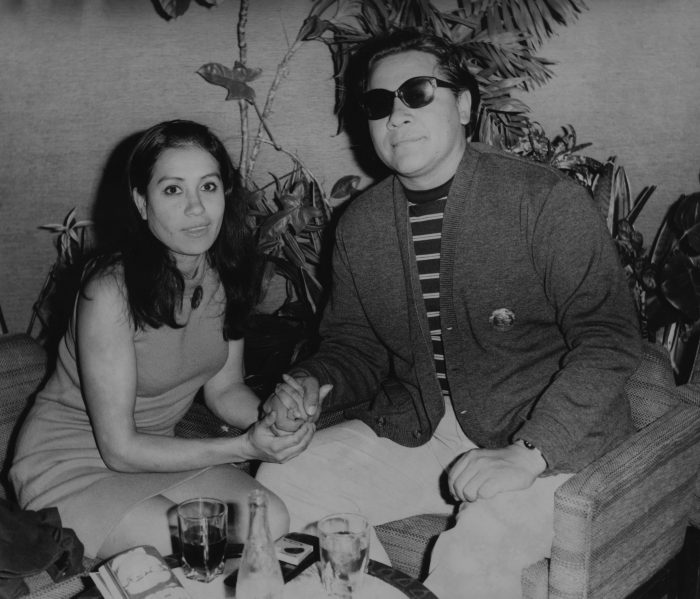
As a lawyer, Acosta proved to be a boon to the Chicano movement. Though, as he pointed out throughout his life, he always felt like he was seen with wary eyes by those he was helping. There was still stigma associated with having gone the academic route; the assumption being that he was much too educated to really ‘get’ the cause he was nonetheless fighting. Of course, the fact that he took only Chicano cases made him plenty of enemies in the courtroom who accused him of racial bias.
4
Zeta Ran for Sheriff of Los Angeles County in 1970
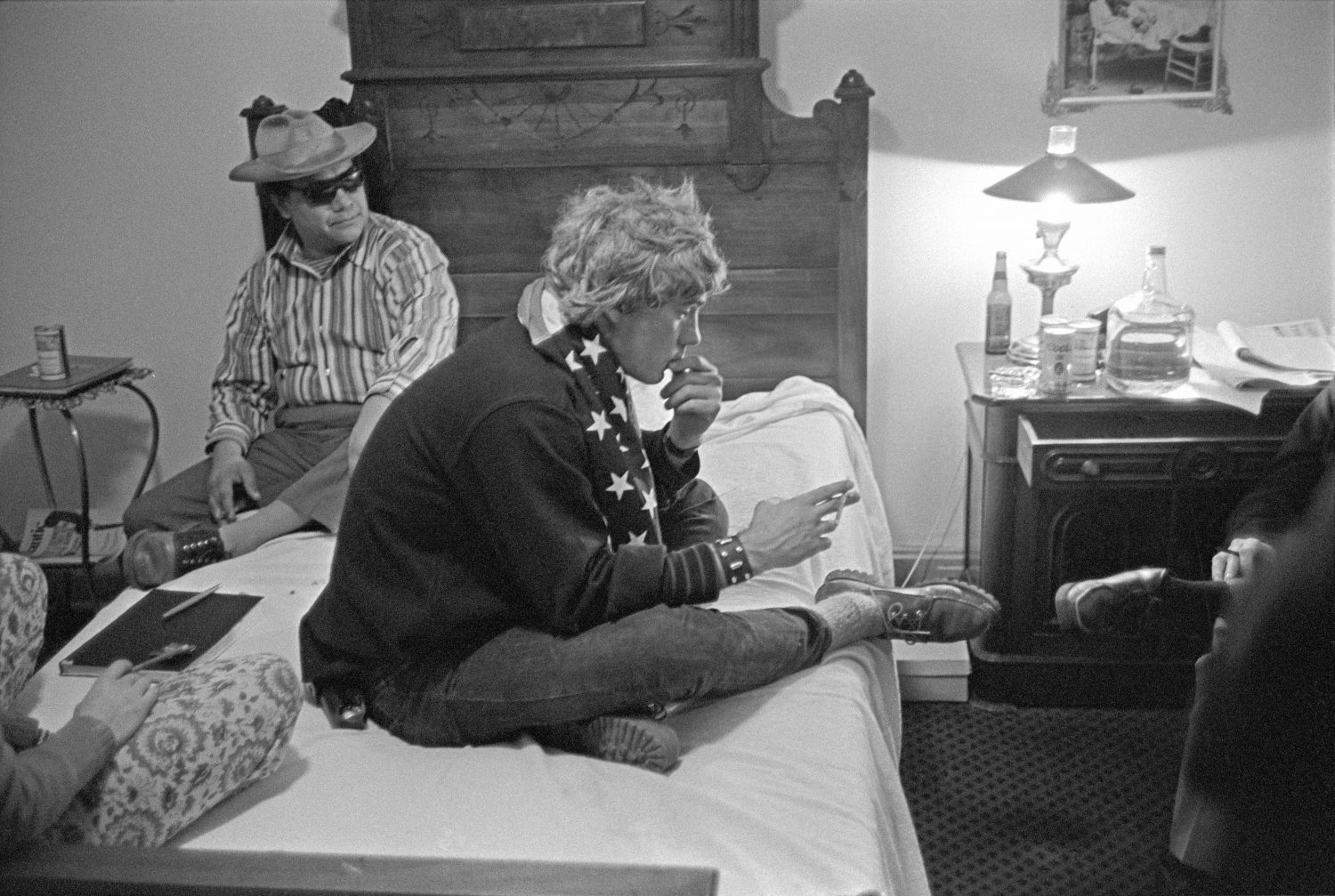
Hoping to bring attention to police brutality (how things change, right?) in the Los Angeles Police Department, Acosta ran for sheriff in 1970. His platform? Disbanding with the Sheriff Department as it existed. He knew he wouldn’t win, but he hoped his candidacy (which did garner him close to 100,000 votes) would raise awareness to the ways minority groups were being targeted by the Sheriff’s department.
5
Oscar Acosta Threatened to Sue Hunter S. Thompson
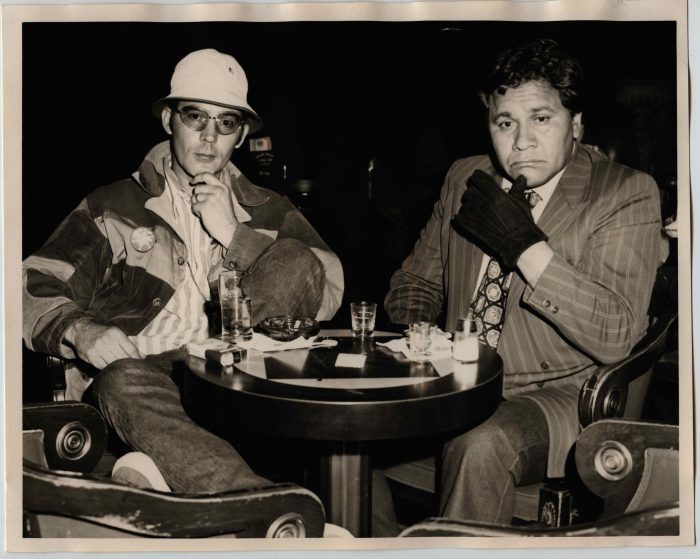
Thompson may have immortalized his trip to Vegas with Acosta in Fear and Loathing, but the fact that the novelist had turned him into a laughable caricature called Dr. Gonzo (a 300-pound Samoan lawyer) irked Acosta. This was a perfect example of a white writer cannibalizing the work and life of a brown friend and stripping him of the specificity that characterized him.



